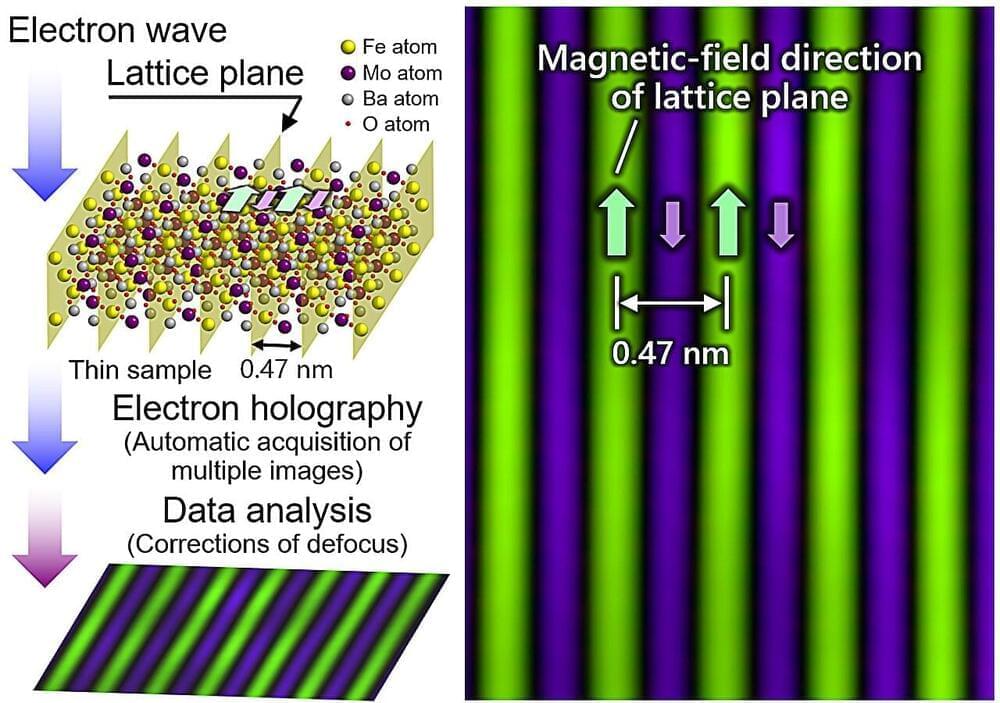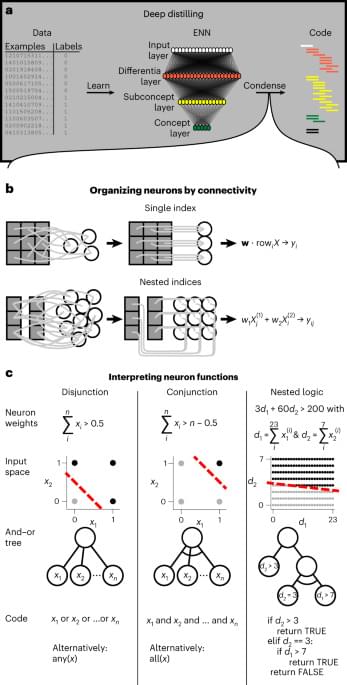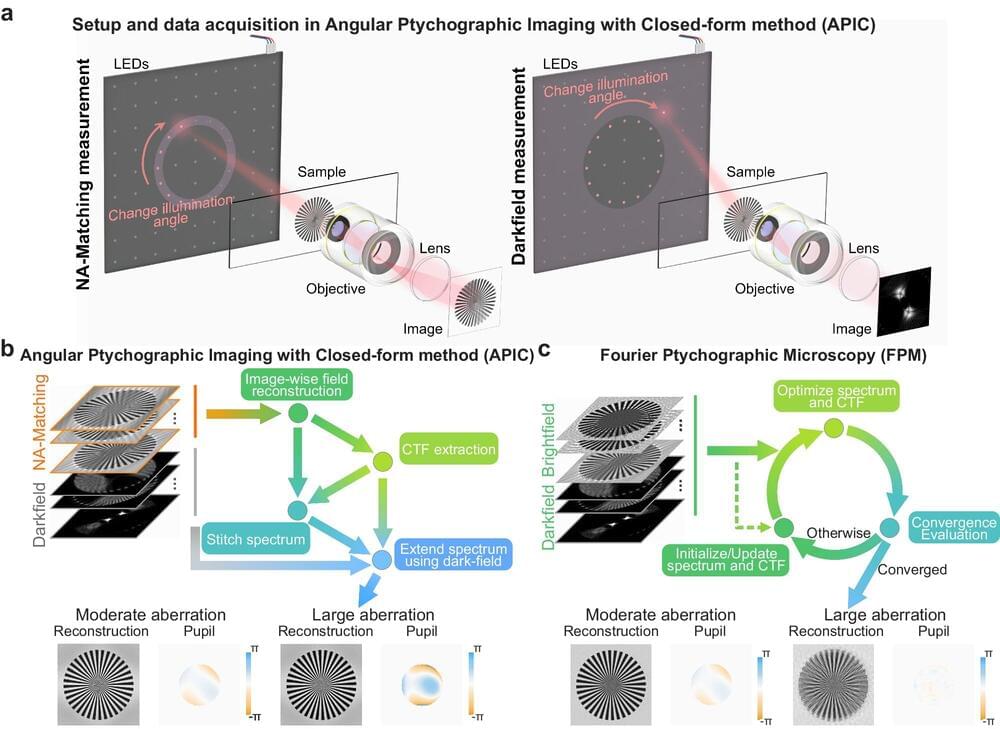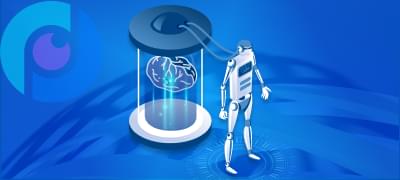A research team from Japan, including scientists from Hitachi, Ltd. (TSE 6,501, Hitachi), Kyushu University, RIKEN, and HREM Research Inc. (HREM), has achieved a major breakthrough in the observation of magnetic fields at unimaginably small scales.
In collaboration with National Institute of Advanced Industrial Science and Technology (AIST) and the National Institute for Materials Science (NIMS), the team used Hitachi’s atomic-resolution holography electron microscope—with a newly developed image acquisition technology and defocus correction algorithms—to visualize the magnetic fields of individual atomic layers within a crystalline solid.
Many advances in electronic devices, catalysis, transportation, and energy generation have been made possible by the development and adoption of high-performance materials with tailored characteristics. Atom arrangement and electron behavior are among the most critical factors that dictate a crystalline material’s properties.







